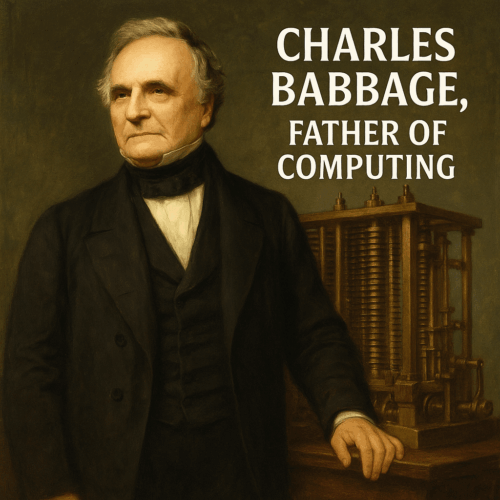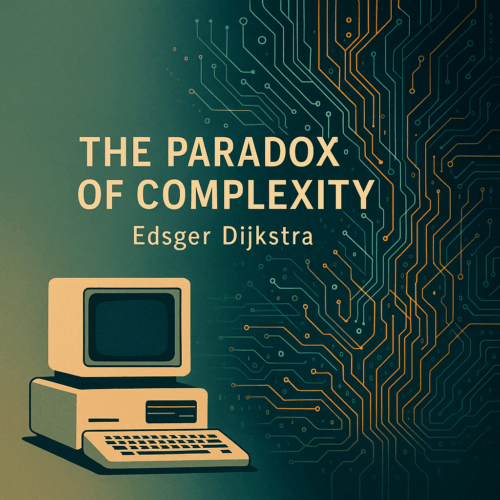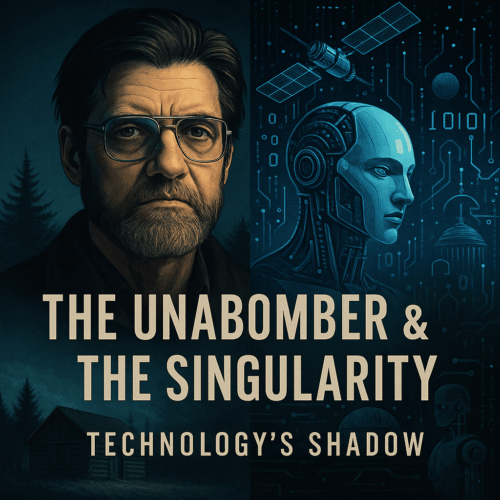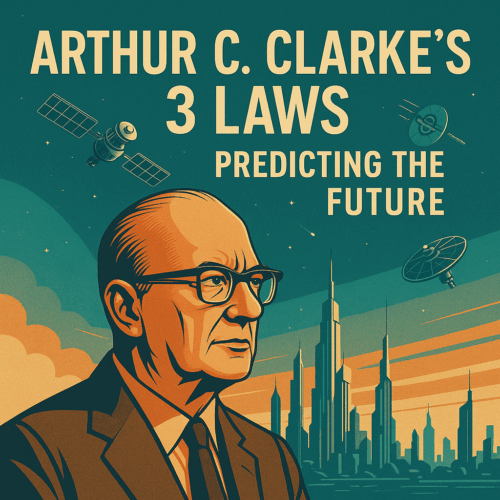Samuel Butler and the Technological Singularity
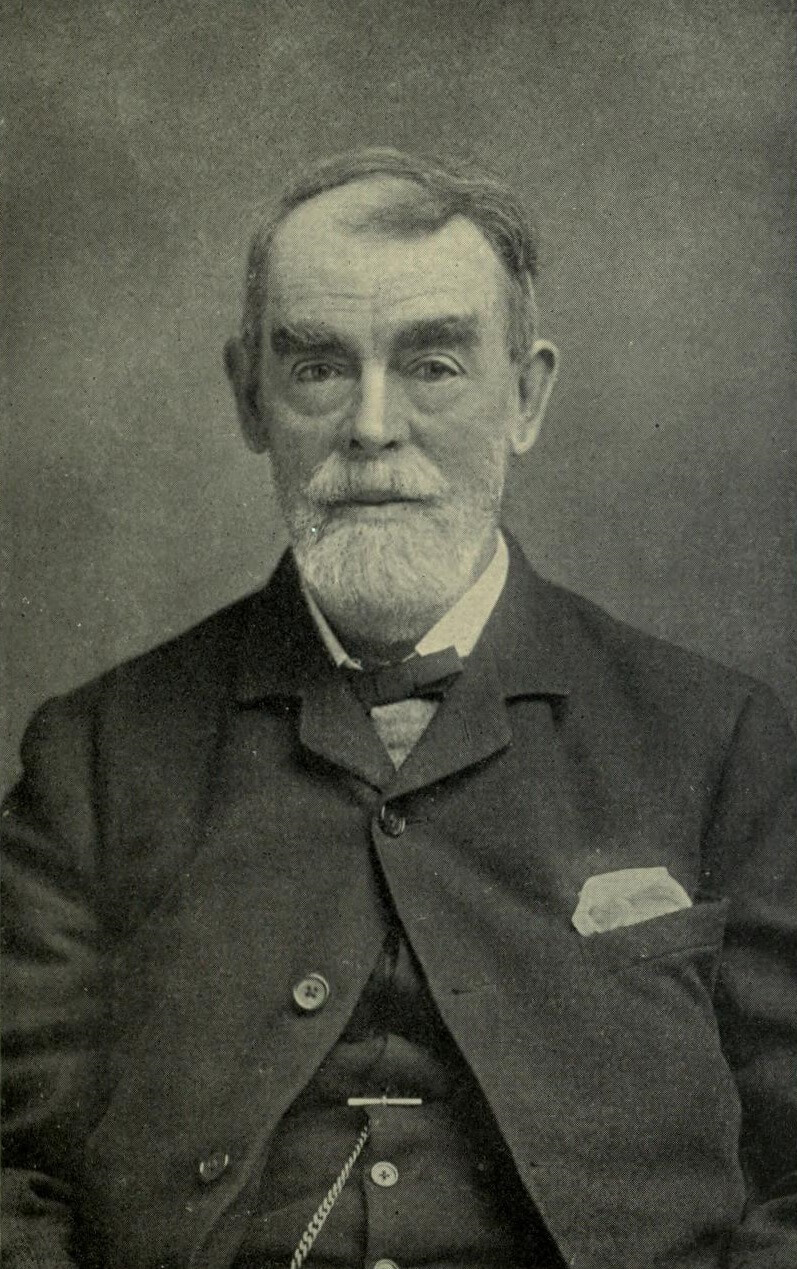 It was during the relatively low-tech mid-19th century that Samuel Butler wrote his startling essay, Darwin among the Machines. In it, Butler fused two emerging forces of his time: the rapid industrial transformation brought by machines, and Darwin’s theory of evolution by natural selection.
It was during the relatively low-tech mid-19th century that Samuel Butler wrote his startling essay, Darwin among the Machines. In it, Butler fused two emerging forces of his time: the rapid industrial transformation brought by machines, and Darwin’s theory of evolution by natural selection.
The result? A radical, unsettling vision: that machines were not merely tools—they were evolving entities. And that one day, inevitably, they would replace humanity.
…it appears to us that we are ourselves creating our own successors; we are daily adding to the beauty and delicacy of their physical organisation… In the course of ages we shall find ourselves the inferior race.
Reading these words today, it’s hard to believe they weren’t written in the age of AI, neural networks, or ChatGPT. And yet they come from an era of steam engines and mechanical looms. In a time when computers didn’t even exist, Butler predicted not only automation, but something close to artificial general intelligence — intellect beyond the human.
Butler’s foresight is staggering. Still, his vision was not celebratory. Though he admired the power and potential of machines, his conclusion was deeply anthropocentric and ultimately Luddite. In his view, the logical response to machine evolution was simple:
Destroy them. All of them.
Day by day, however, the machines are gaining ground upon us… The upshot is simply a question of time… War to the death should be instantly proclaimed against them. Every machine of every sort should be destroyed…
This is where the mythic aura of Samuel Butler begins to crystallize. He wasn’t simply a crank. He saw the long-term arc. And he feared it. Not because machines were bad, but because we might become their slaves, or worse, obsolete.
Butler took these ideas further in The Book of the Machines, a section of his novel Erewhon, published anonymously in 1872. (The title itself is a clever reversal of “nowhere,” albeit with the “h” and “w” swapped.) In Erewhon, Butler introduced a fictional society that preemptively banned all advanced machinery once they realized:
There is no security against the ultimate development of mechanical consciousness…
Machines, he argued, might appear harmless now — but so did mollusks. And just as evolution transformed simple organisms into sentient beings, so too could it transform simple machines into conscious ones.
In Erewhon, once people realized machines were on track to surpass them, they made a clean sweep of every device not older than 271 years. This was not a matter of mere caution but survival.
Looking back, Butler emerges as the first Luddite philosopher to articulate a systematic argument for the destruction of all advanced technology and a return to a more medieval, human-centric existence. He did so with conviction — but only in writing. Unlike later figures such as Ted Kaczynski, also known as the Unabomber, Butler never resorted to violence. Kaczynski, a modern technophobe, not only called for resistance to industrial society but launched a bombing campaign in service of his beliefs.
In contrast, Butler’s legacy is literary. He warned. He speculated. He raised questions that still matter today.
Can machines evolve consciousness?
If so, how will that impact the human species?
Is AI the next step in evolution?
The machines were young in Butler’s time. Now, they’re everywhere. And if he was right, then the race is no longer theoretical. It’s already here…




